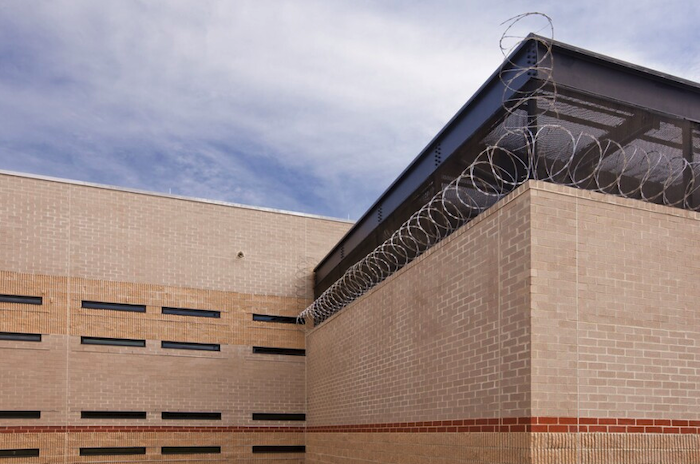
According to the Maryland Center for Economic Policy, the state of Maryland spends about $1 billion per year incarcerating roughly 20,000 people convicted of crimes. A third of them come from the city of Baltimore. In 2015, our state spent $17 million locking up people from one neighborhood alone: Sandtown-Winchester in West Baltimore.
For many of those who are given long sentences, their lives end while they are behind bars. An essay in the Baltimore Sun a couple of months ago about palliative care for prisoners when they are diagnosed with terminal illnesses caught our attention, and today, we’d like to explore the issue of death with dignity for those who are imprisoned.
Tom’s first guest is Dr. Raya Elfadel Kheirbek. She is the author of the essay mentioned above, and the Chief of the Division of Geriatrics and Palliative Medicine at the University of MD.
Dr. Kheirbek joins us on Zoom.
Then, Tom is joined by three activists working with an organization called the Humane Prison Hospice Project:
LadyBird Morgan is a registered nurse and the co-founder, and program director of the Project. She joins us on Zoom…
Marvin Mutch is a Senior Advisor and policy advocate for the Project. He also joins us on Zoom…
And Edgar Barens joins us as well via Zoom. He serves as an advisor to the Humane Prison Hospice Project. He’s a filmmaker whose 2014 documentary called Prison Terminal was nominated for an Academy Award.

Complete Article ↪HERE↩!
